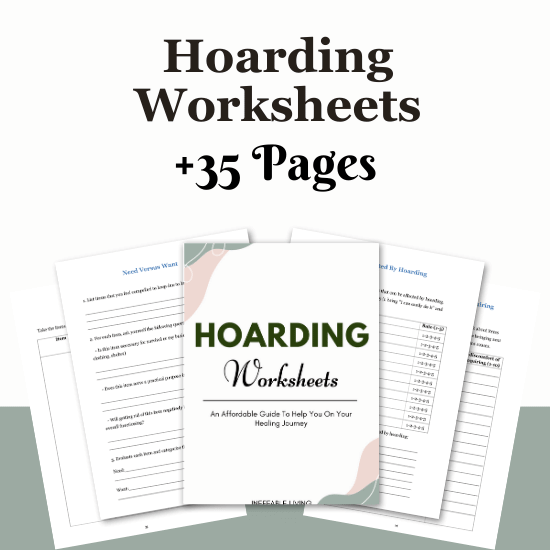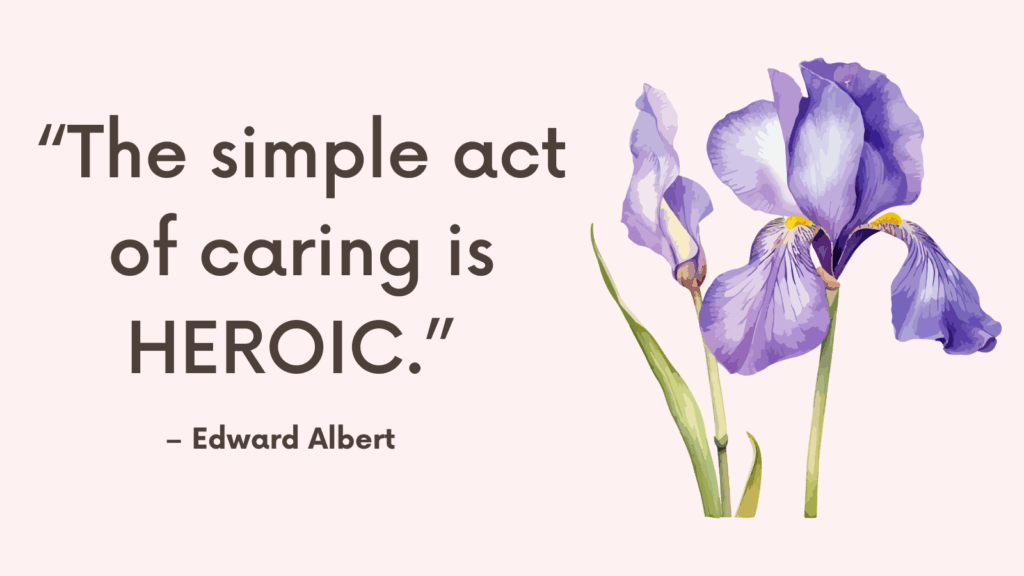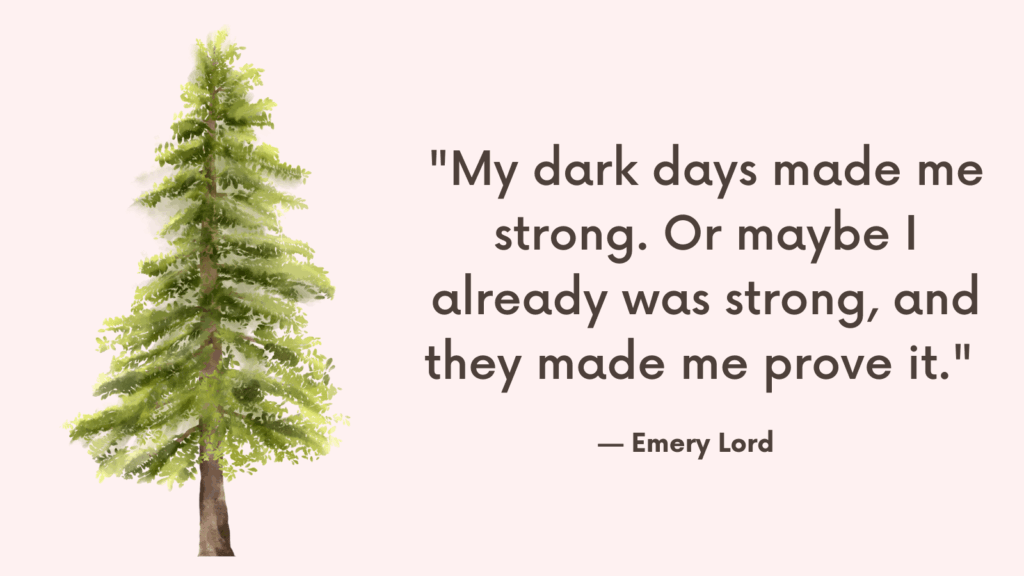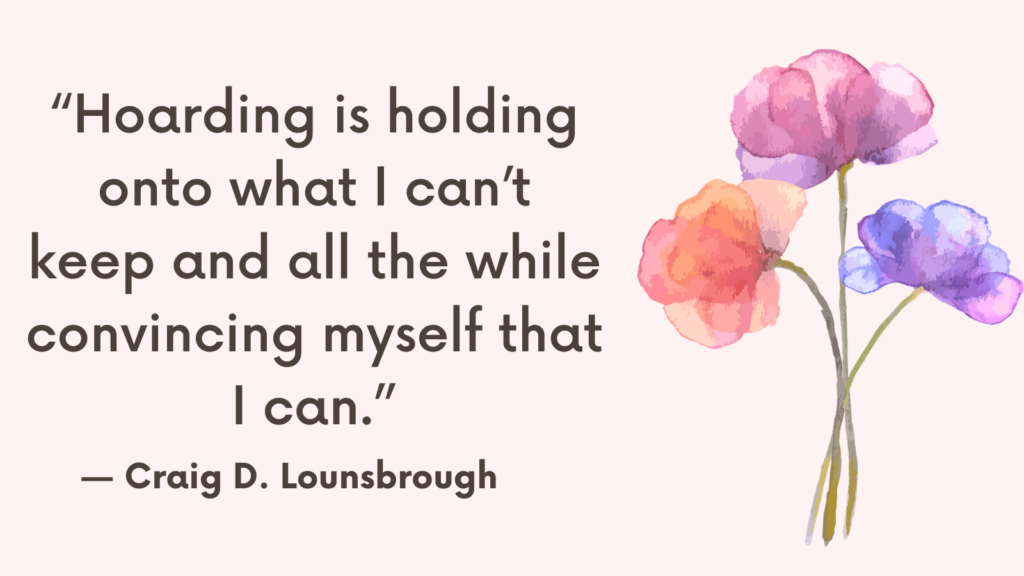Hoarding isn’t just about “being messy” or “holding onto junk”—it’s a complex mental health issue often rooted in trauma, anxiety, or grief. Supporting a loved one who hoards requires deep compassion, clear boundaries, and a commitment to connection over control. The goal isn’t to force change—but to gently create space for it. Here’s how to support them without enabling harmful patterns.
Why Hoarding Is More Than Just Clutter
Hoarding is often misunderstood as simple messiness or laziness — but in reality, it’s a complex mental health condition with deep emotional roots. It’s not about disorganization or an unwillingness to clean. Hoarding involves persistent difficulty letting go of possessions, regardless of their actual value, because of the strong emotional meaning attached to them.
It’s Not About the Stuff — It’s About Safety and Control
For many people who hoard, possessions represent safety, identity, memory, or emotional comfort. Letting go of an item can feel like losing a piece of themselves or exposing themselves to future regret, danger, or grief. The clutter becomes a form of control in an often unpredictable or painful world.
Hoarding Is Linked to Mental Health Conditions
Hoarding disorder is now recognized as a distinct diagnosis, but it often overlaps with other conditions such as depression, anxiety, obsessive-compulsive disorder (OCD), or past trauma. Many people who hoard have experienced significant loss, instability, or emotional neglect.
Clutter Is the Symptom — Not the Cause
The visible piles of newspapers, clothes, boxes, or even food are not the main issue. They are a symptom of deeper emotional pain — often shame, fear, loneliness, or unresolved trauma. Focusing only on clearing the mess without addressing the emotional root can lead to even more distress and resistance.
How to Support a Loved One Who Hoards (Without Enabling)?
1. Lead With Respect, Not Judgment
Avoid shaming language like “Why don’t you just throw this away?” Instead, say:
“I know this item matters to you. Can you help me understand why?”
Respect builds trust, which is essential for change.
2. Don’t Try to Clean Without Permission
Throwing things away behind their back will break trust and increase anxiety. Even if you’re desperate to help, cleaning without consent is more harmful than helpful.
Related: 6 Common Types of Hoarding
3. Set Gentle but Clear Boundaries
You can support them without allowing hoarding to impact your own health or safety. For example:
“I love you and want to support you, but I can’t store your items in my home.”
4. Focus on Safety, Not Aesthetics
If their living conditions are dangerous (fire hazards, blocked exits, mold), start with that—not how it looks. Work with them on small, safety-based goals instead of full cleanouts.
5. Validate the Emotional Attachment to Items
Many people who hoard see objects as extensions of memory, identity, or security. Saying “It’s just trash” dismisses that. Instead try:
“I can see this item is important. Let’s talk about how to keep the memory without needing to keep everything.”
6. Offer Support, Not Control
Instead of saying “You need to clean this up,” ask:
“Would you like help sorting through one small area together?”
Support feels more doable when it’s collaborative and non-threatening.
Related: 8 Stages of Hoarding
7. Encourage Professional Help (Without Ultimatums)
Therapists trained in hoarding disorder or OCD-related conditions can make a big difference. Offer to help research providers or attend appointments—without pressuring them to “fix” everything quickly.
8. Celebrate Small Wins
If they part with even one item or clear one surface, celebrate it. Acknowledge effort, not just results. Progress may be painfully slow, but every step matters.
9. Don’t Take Responsibility for Their Choices
You can offer love and help—but you can’t carry the emotional burden of their decisions. Step back when needed to protect your own well-being without cutting off connection.
10. Stay Connected—Even If Change Is Slow
Hoarding can isolate people deeply. Be a consistent presence who reminds them they are still worthy, still loved, and still capable of growth—even when progress feels impossible.
Related: What Causes OCD to Flare Up? Top 10 Causes

Conclusion
Supporting someone who hoards isn’t about fixing—it’s about walking beside them with empathy, boundaries, and hope. Change doesn’t happen overnight, but your patient presence can be the safest foundation they have to begin letting go.



